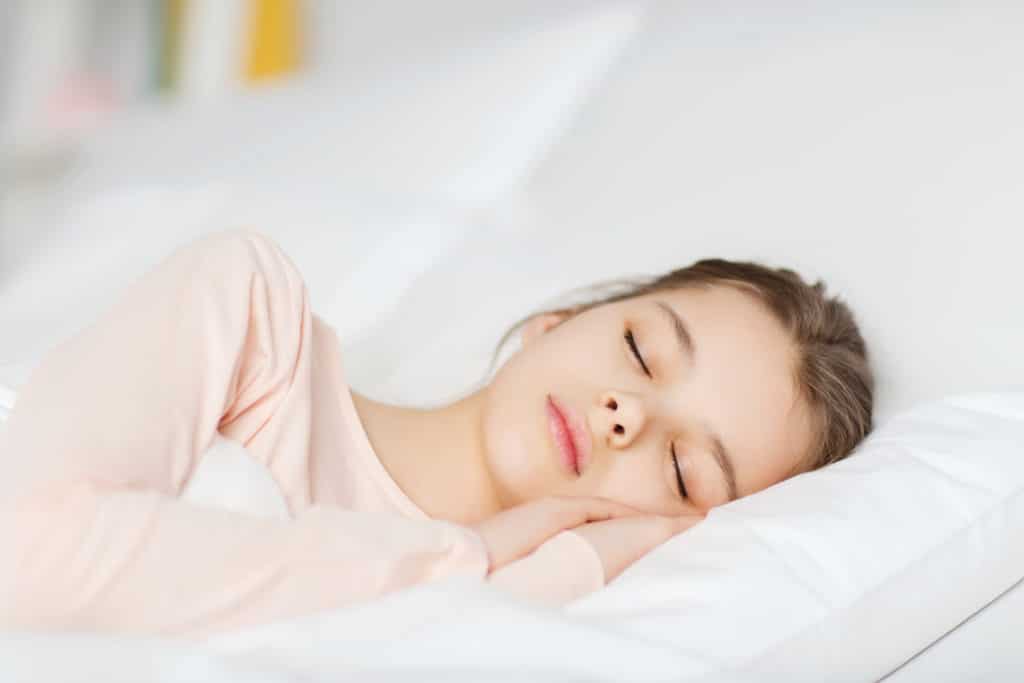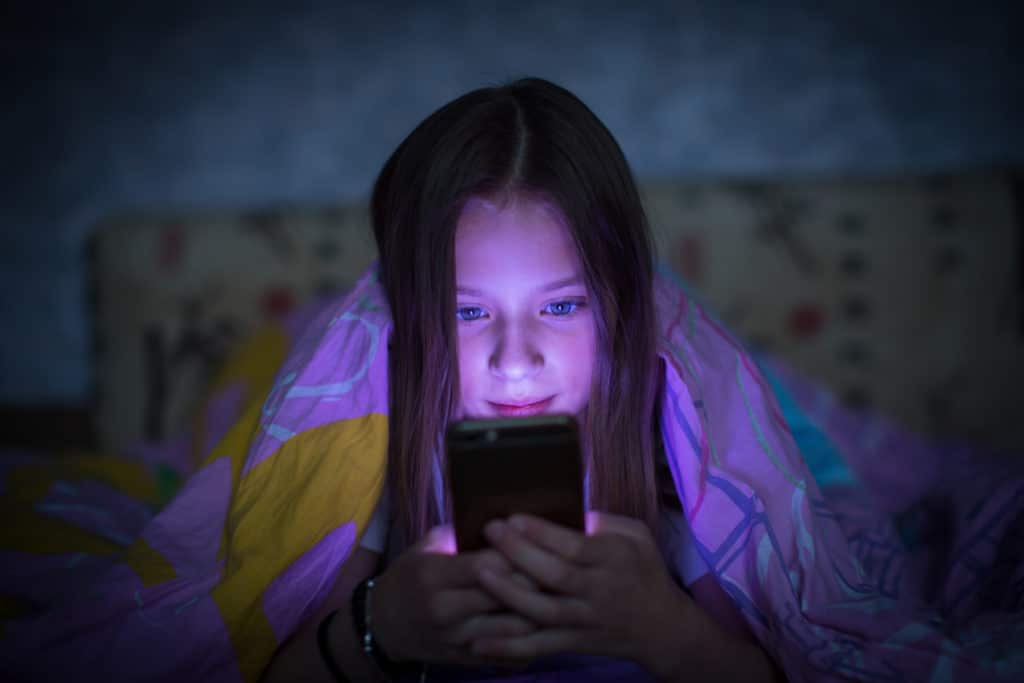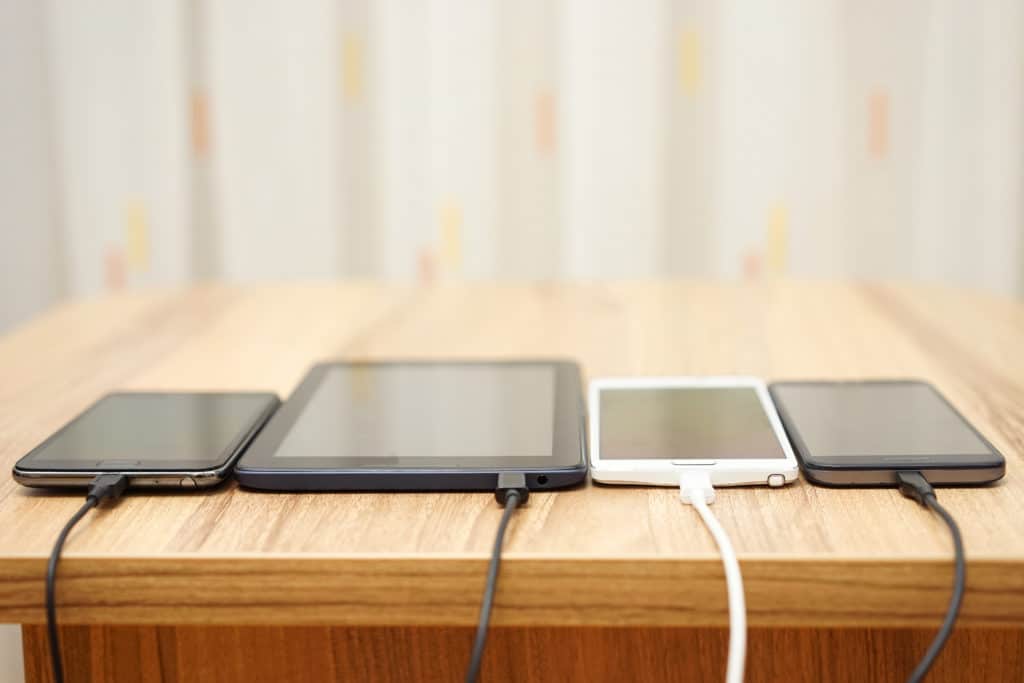Sleep, The Miracle Medicine – Jennifer Oaten

Sleep is a miracle medicine; it is free, has no side effects and has significant power to influence our lives. Sleep has a strong influence on our happiness and our positive outlook on life. Most adults love to go to bed early and get up late, yet so many teenagers fight the usual bedtime with “just a few more minutes!” yet this is one area of their health that teenagers and their parents can control.
Teenagers need sleep to be at their best. Mental, physical, social, and emotional development occurring during adolescence requires quality sleep. They need 8 – 10 hours of sleep each night, yet many get only about 6.5 – 7.5 hours, which is not enough for the body’s most complex organ, the brain. The brain plays a crucial role in both academic performance and mental health.
Sleep and academic performance
Sleep benefits the brain and promotes concentration and attention, memory, and analytical thought. Our brain function relies heavily on sleep, and this is why academic performance relies on quality sleep. Quality sleep also promotes creativity, productivity, increases cognition and increases good decision making. Students demonstrating strong academic achievement usually have good sleep patterns.
Sleep and mental health
Lack of sleep can make it challenging for teenagers to behave well, regulate emotions, and socialise effectively with others. When teenagers are pushed to their limits and don’t get enough sleep, many will react, complain more, and have less patience for everything in their life. There are more tears, more angst and more uncontrolled emotions.
Sleep deprivation can have dramatic effects on a teenager’s life, including affecting their mental wellbeing and may lead to conditions such as anxiety and depression and increase their risk of low self-esteem. Sleep problems during childhood and adolescence are also predictive of depression later in life.
"Not getting enough sleep can really mess with all of us, but young people, in particular, are at risk of a range of mental health issues such as depression, anxiety, low self-esteem and mood issues,"
https://www.vichealth.vic.gov.au/media-and-resources/media-releases/aussie-teens-forgo-sleep-for-screens
Impact of device on sleep
As parents, we know that quality sleep is essential for our young people, so why are we prepared to sacrifice this by allowing teenagers to have devices in their bedrooms? These devices are proven to disrupt sleep patterns significantly.
A study in the Journal of the American Medical Association (JAMA) found that children aged between 6 – 18 years had an 88 percent higher risk of not sleeping enough when devices were in the bedroom. They also had a 53 percent higher chance of getting a bad night’s sleep—and that’s when devices were in the bedroom just three nights a week.
It’s not so much about trust. You can use a screen monitoring function on their mobile phones, but I like that they have to detach from the tentacles of their devices.
When parents take away teenagers’ phones at night, they are helping to ensure that the natural sleep process can occur. They are helping ensure that their teenagers can get a decent night’s rest.

How do phones impact sleep?
An over-aroused brain is less able to fall asleep. Devices activate the brain into an alert state, making it even harder to fall asleep, keeping teenagers’ brains wired.
If your child is waking up during the night to the sound of notifications or checking Instagram, Tic Tok or Snapchat, they will be having disrupted and fragmented sleep. The light also from these devices cues the brain to stay awake and can prevent adequate melatonin production, which is the brain’s chemical (neurotransmitter) responsible for sleep.
What can parents do?
Parents can set rules. Here are three of my suggestions:
- No phones in bedrooms overnight from the time of purchase. It is so much easier to set rules as part of the negotiation of the device’s purchase than bring in the rule later after they have had experienced access.
- Electronic devices are to be placed on a central charging station in a family area.
- No device usage 30 minutes before bedtime. Limit time in the evening to use their phone or computer, ensuring no use half an hour before bedtime with a set time to be placed on charge.

Keeping bedrooms device free and promoting good sleep patterns is not easy, but dealing with the long-term mental health effects and associated issues from a lack of sleep could be far more difficult long term.

Santa Maria’s Boarding Mural: A Tapestry of Unity
As part of Boarding Week, our boarders have presented the College with a remarkable art mural which adorns the walls outside the Cafe.

Shayla Wins Class Clowns 2024
Shayla was recently crowned winner of the Class Clowns National Grand Final at the Melbourne International Comedy Festival.

The Value of Student Voice – Jennifer Oaten
“At Santa Maria College, we are not only given the opportunity, but we are encouraged by our teachers and each other to voice our opinions, concerns and ideas—to continue moving forward as a school and as a community. Student voice is integral for growth, and allows for us, as students to have an active role in shaping our education.”
- Featured
Author: Santa Maria College
Santa Maria College is a vibrant girls school with a growing local presence and reputation. Our Mission is to educate young Mercy women who act with courage and compassion to enrich our world. Santa Maria College is located in Attadale in Western Australia, 16 km from the Perth CBD. We offer a Catholic education for girls in Years 5 – 12 and have 1300 students, including 152 boarders.






